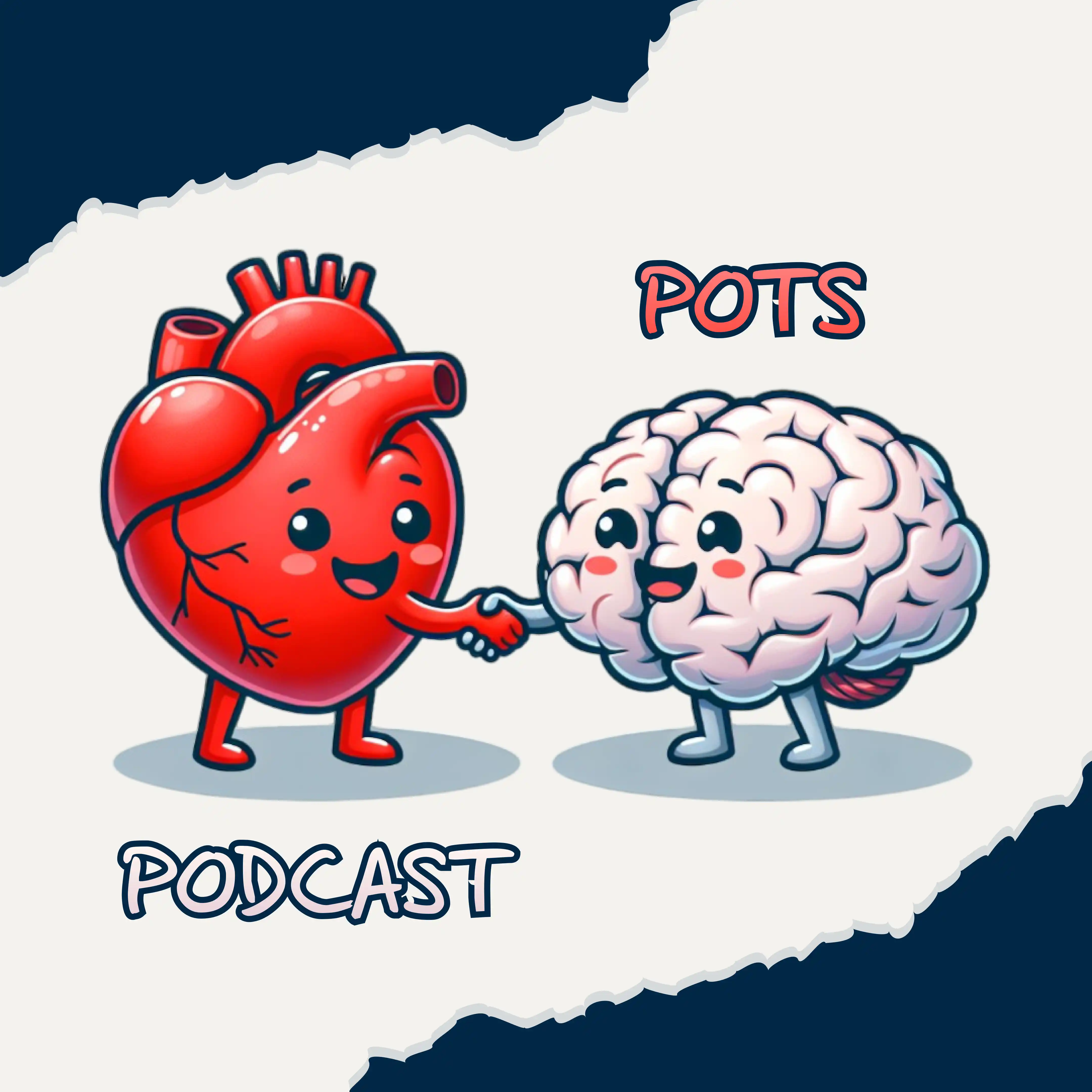
Mast Cell Activation Syndrome (MCAS): The Hidden Key to POTS Symptoms
Dr. Joseph Schneider explores the intricate link between Postural Orthostatic Tachycardia Syndrome (POTS) and Mast Cell Activation Syndrome, showing how these overactive immune cells affect multiple body systems simultaneously. The episode maps out how mast cell issues appear through visible skin changes, heart-related symptoms, digestive problems, and the persistent brain fog that characterizes many POTS cases. Dr. Schneider examines the essential connections between gut health, immune responses, and brain function, explaining how inflammation impacts both the blood-brain barrier and intestinal lining. Listeners will discover practical assessment tools including food sensitivity testing, targeted supplements, and a comprehensive screening for underlying infections or mold exposure. This episode offers clear information for anyone with dysautonomia wondering if immune system dysfunction contributes to their symptoms—potentially showing a path toward reclaiming daily activities and enjoyment.
Description:
Connect with Dr. Joseph Schneider:
Website: Hope Brain and Body Recovery Center
LinkedIn: Joseph Schneider
YouTube: hopebrainbodyrecoverycenter
Instagram: @hopebraincenter_
Facebook: Hope Brain and Body Recovery Center



Comments